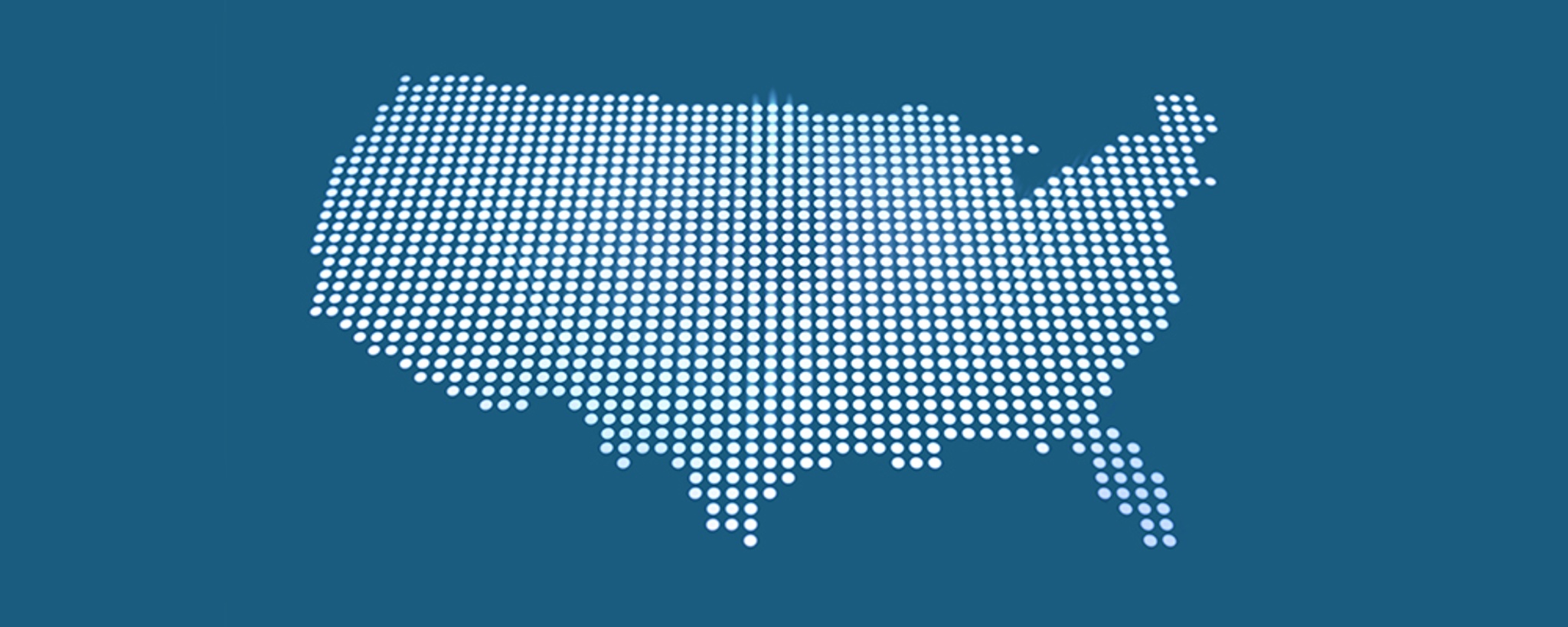National Competitiveness
Navigate forward to interact with the calendar and select a date. Press the question mark key to get the keyboard shortcuts for changing dates.
Navigate backward to interact with the calendar and select a date. Press the question mark key to get the keyboard shortcuts for changing dates.
As nations engage in a race for global advantage in innovation, ITIF champions a new policy paradigm that ensures businesses and national economies can compete successfully by spurring public and private investment in foundational areas such as research, skills, and 21st century infrastructure. Our work on competitiveness policy includes analysis of the many factors and policies driving national competitiveness, including improving innovation ecosystems and the technical capacity of high-value-added industries.

Vice President, Global Innovation Policy, and Director, Center for Life Sciences Innovation
Information Technology and Innovation Foundation
Read Bio
Head of Policy, Centre for Canadian Innovation and Competitiveness
Information Technology and Innovation Foundation
Read BioFeatured
China Is Rapidly Becoming a Leading Innovator in Advanced Industries

There may be no more important question for the West’s competitive position in advanced industries than whether China is becoming a rival innovator. While the evidence suggests it hasn’t yet taken the overall lead, it has pulled ahead in certain areas, and in many others Chinese firms will likely equal or surpass Western firms within a decade or so.
The Hamilton Index, 2023: China Is Running Away With Strategic Industries

China now dominates the strategically important industries in ITIF’s Hamilton Index, producing more than any other nation in absolute terms and more than all but a few others in relative terms. Its gains are coming at the expense of the United States and other G7 and OECD economies, and time is running short for policymakers to mount an industrial comeback.
More Publications and Events
April 22, 2025|Events
How the Rise of Chinese E-Commerce Platforms Will Impact the United States
Watch now for a discussion with experts on e-commerce regulation, logistics, and policy as they explored the growth of Chinese e-commerce platforms, their impact on U.S. businesses and consumers, and how policymakers and industry leaders should respond.
April 22, 2025|Blogs
Why University Research Is Crucial to US Competitiveness
The higher education sector remains the leader in R&D investments for basic research. If the U.S. wants to stay ahead of China, it must invest more, not less, in basic and applied research to build the foundational knowledge needed for innovation.
April 22, 2025|Blogs
The Trump Administration Should Get Industry More Involved in University Research Funding
To beat China, the United States must better align university research with critical technologies and ensure it directly supports the needs of American firms. To do that, federal research funding agencies should prioritize university researchers who have secured financial commitments from industry.
April 16, 2025|Blogs
Trump Trade Negotiations: Embrace Strategic Trade, Not Autarky
The Trump administration will have to make a choice: Demand the removal of all foreign trade barriers or be strategic and focus on eliminating those critical to America’s techno-economic future.
April 16, 2025|Op-Eds & Contributed Articles
Galvanizing Canadian Ambition: Going From Middle Power to Global Leader
Canada has long embraced its identity as a “middle power,” but it has the potential to be more than just a supporting player. With greater ambition and the right vision, Canada can shape global markets and emerge as a dominant force.
April 14, 2025|Blogs
Fact of the Week: Americans Continue To Earn Higher Household Incomes Than Previous Generations
A study by the Federal Reserve Board shows that despite significantly increased costs for higher education and housing, average household income for Millennials grew 18 percent compared to Generation X.
April 14, 2025|Blogs
Will Xi’s Gamble Not Pay Off?
Xi Jinping's accelerated timeline to dominate global tech-based industries appears to be a strategic miscalculation. The coming years will reveal whether China can adapt its approach or suffer the consequences of this high-stakes gamble.
April 10, 2025|Blogs
Mittelstand, Not Middlemen, Will Help Canada Climb the Value Chain
The goal for the next Canadian decade should be simple yet ambitious: to support and scale at least 100 mid-sized, export-oriented companies that dominate strategic niches in global markets—Canada's own generation of Mittelstand-esque champions.
April 9, 2025|Op-Eds & Contributed Articles
Globalists Brought Trump’s Trade Revolution on Themselves
Trump’s tariff revolution on Liberation Day was the wrong reaction, but it’s still important to understand the motivation for his action. Those in the current globalist establishment need to stop defending the last phase of their failed project, admit there are grave flaws in the international trade regime, and get on board with fixing its problems.
April 7, 2025|Blogs
AI Is Powering the US Economy, But Who’s Powering AI?
Policymakers should make it easier for foreign AI researchers with master’s degrees and beyond to work in the United States.








